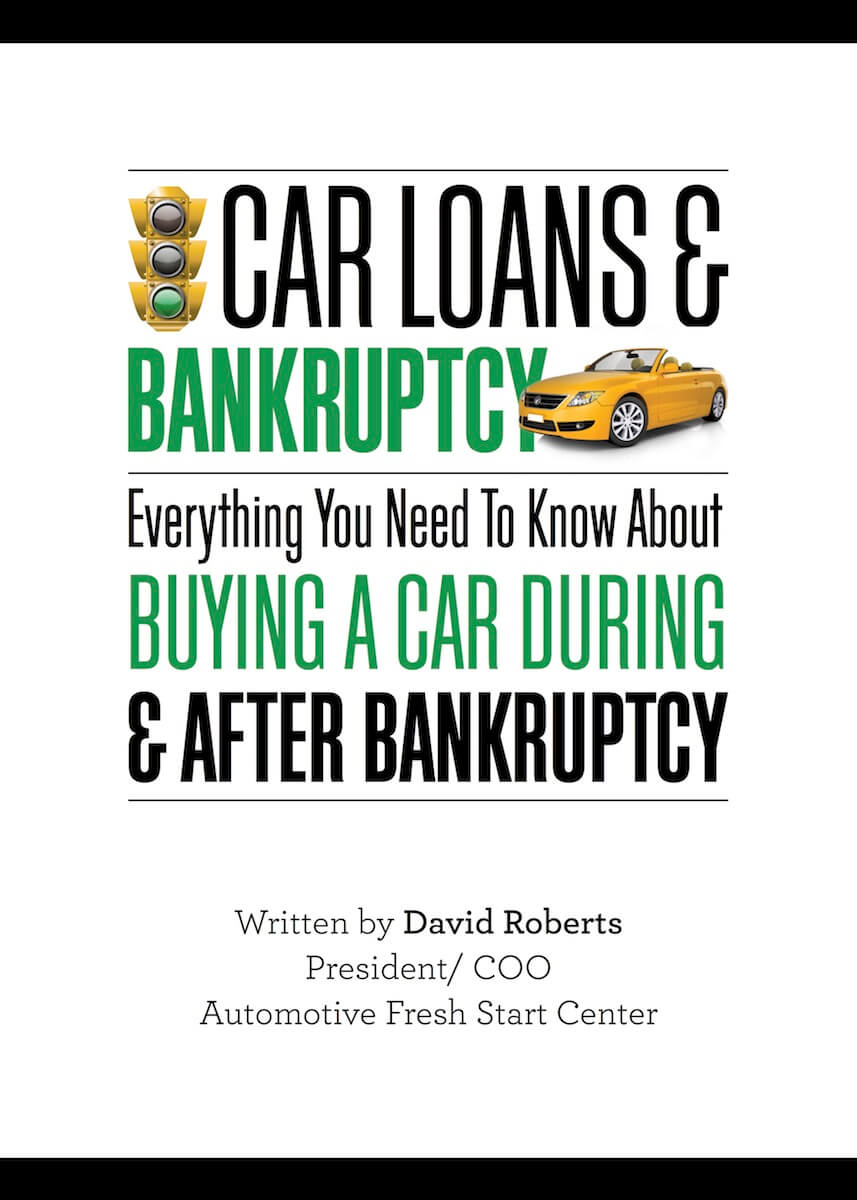Two recent articles highlight both the good and bad of the recent auto sales explosion.
Both articles speak to the easy credit access that has allowed new car sales to top 17 million vehicles annually. However, that easy access to credit has come at a price. As a result of the flood of “less than perfect” credit approvals, the default rate on so called subprime auto loans has crept up to over 12% in some of the bond packages. Sound familiar? Maybe just like the subprime housing boom?
The good news is that car loans are a much smaller part of the economy than housing and most likely will not have the financial impact of a housing crash if the default rate continues to stay high.
However, most people need a car to have employment and for other daily life needs. So what is a person to do with a car that was purchased in the past couple of years which is hopelessly underwater and maybe not suitable for their needs any longer? Until a few years ago, Chapter 13 used to be the option most people would chose. That would allow you to value the vehicle over a 60 month period at the current value of the vehicle and at a reduced interest rate. The 2005 amendments to the Bankruptcy Code made this a much less attractive option. Now, the car has to be over 910 days from the date of the purchase in order to strip down a purchase money lender to a reduced value. That is nearly 2 ½ years from purchase – an eternity in constantly changing families. The auto lenders successfully pushed that portion of the legislation through with that time period since they knew that 910 days was the average length of a family keeping a vehicle after purchase. The end result has been many families stuck with high car payments on cars no longer suitable for them for years due to the inability to change value in a Chapter 13 or trade in a vehicle due to negative equity.
Several new programs in Chapter 7 may serve to help families obtain the vehicles that they need. Chapter 7 allows a vehicle to be surrendered, along with all of the past due payments, negative equity and other issues, back to the lender. A new program available from a national lender to Chapter 7 debtors allows them to obtain a new vehicle the day after they file a Chapter 7. If a person qualifies for the program, this would allow a new vehicle to be obtained with no need to roll negative equity from a previous vehicle into the purchase. Payments could be lowered and the value of the vehicle would more closely match the loan amount. Similar programs are available in Chapter 13 after confirmation of the Plan. If this sounds like a program that may interest you, then give us a call for more details.
At Mickler & Mickler, we attend Court on a regular basis. We have the experience and knowledge to ensure that you receive the correct advice when confronted with difficult financial decisions related to filing bankruptcy. Contact us at 904.725.0822 or bkmickler@planlaw.com.
Bryan K. Mickler

![IMG_1482[1]](https://planlaw.com/wp-content/uploads/IMG_14821-e1455055679740-225x300.jpg)
![IMG_1477[1]](https://planlaw.com/wp-content/uploads/IMG_14771-e1453306115811-225x300.jpg)
![IMG_1302[1]](https://planlaw.com/wp-content/uploads/IMG_13021-300x225.jpg)
![IMG_0480[1]](https://planlaw.com/wp-content/uploads/IMG_04801-223x300.jpg)
